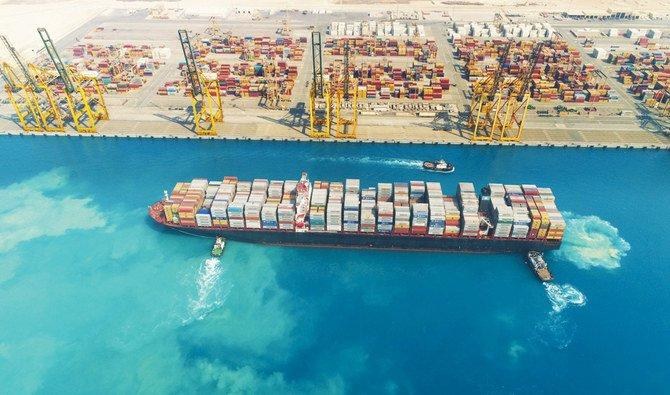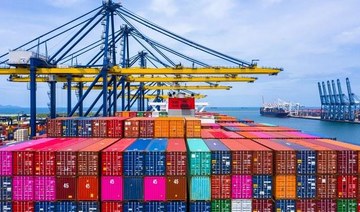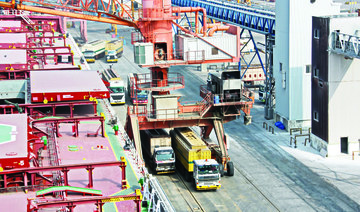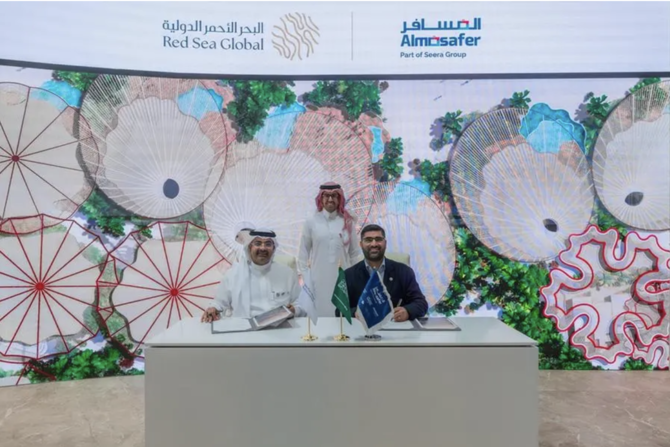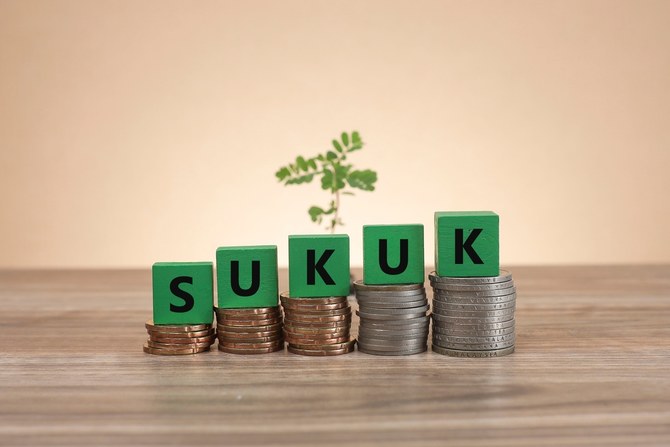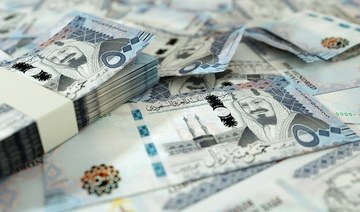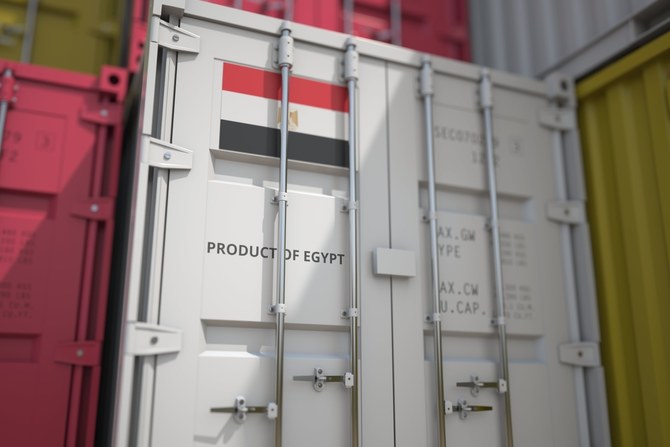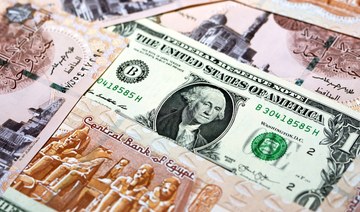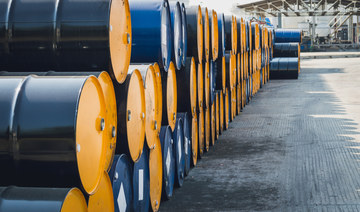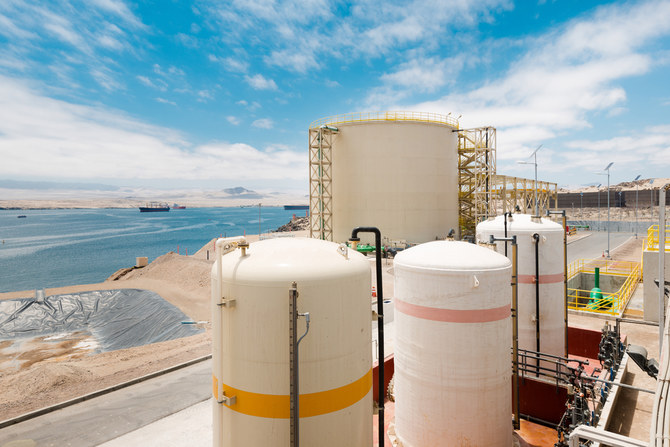RIYADH: Saudi Arabia’s King Abdullah Port said it handled more than 2.5 million tons of bulk and general cargo in the first half of the year, a 78 percent jump on the previous year as economy rebounded from the COVID pandemic.
The Kingdom’s first privately-owned port at King Abdullah Economic City saw 1,402,200 twenty foot equivalent containers (TEUs) between January and June, a 45 percent increase on a year ago, it said in a statement.
The strong performance of King Abdullah Port highlights the growing operational capabilities and the continuation of the upward path of the Saudi economy strength, and this success will contribute to consolidating the Kingdom’s position as a leading global logistics center linking the three continents, CEO Jay New said.
In 2020, King Abdullah Port successfully received three of the largest container ships in the world in one week, and was chosen as a major logistics terminal on the Red Sea for two of the largest shipping lines, Maersk and MSC, reinforcing the importance of its position as a strategic link between East and West that supports trade between continents.
King Abdullah Port has been ranked second among the most efficient container ports in the world, according to the Container Port Performance Index (CPPI) for the year 2020 published by the World Bank and IHS Markit last June.
“King Abdullah Port’s continued milestone underlines the success of the public-private partnership model, considering that we are partnered with over 17 government agencies while being fully managed and operated by the private sector,” New said.



